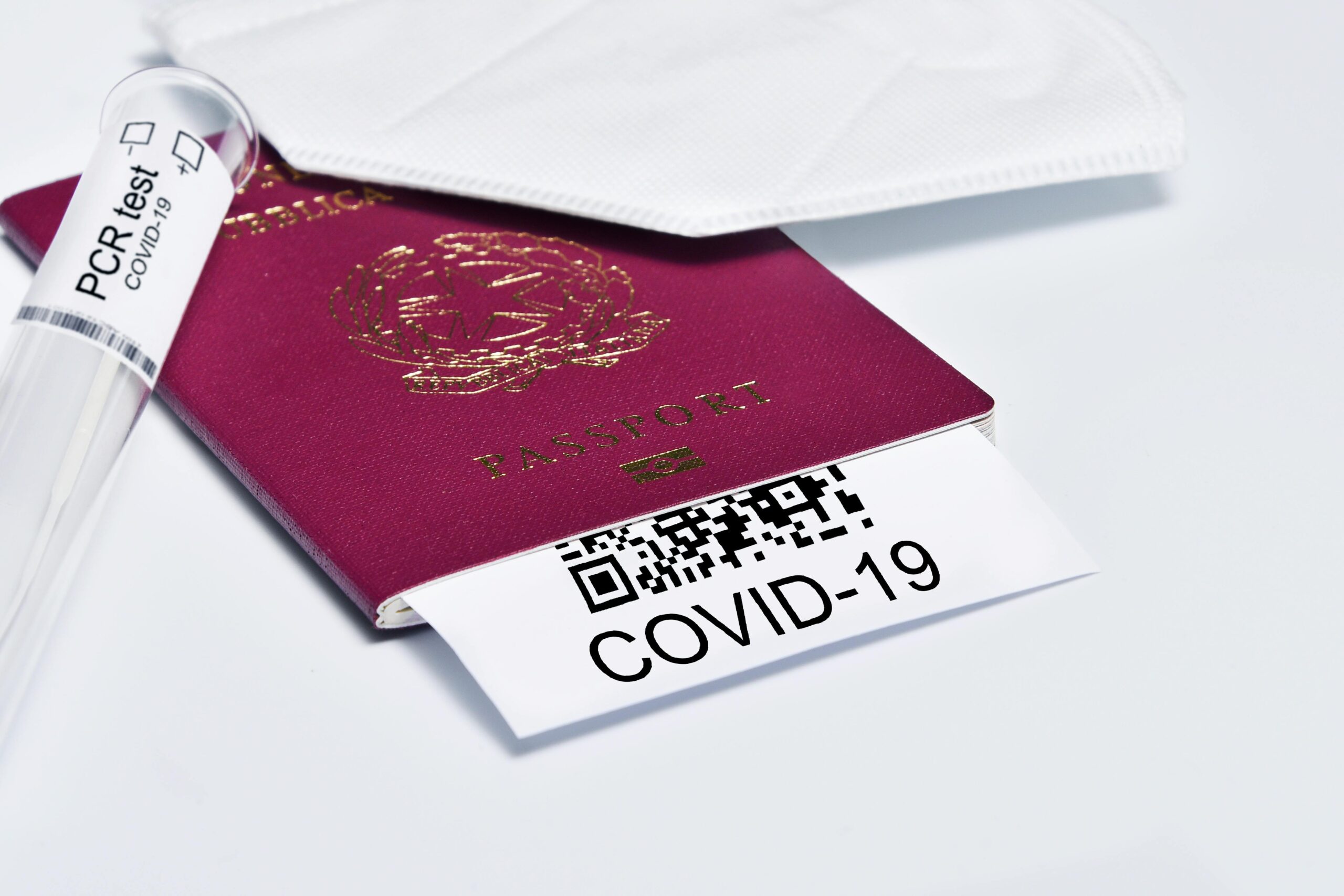In a significant policy adjustment, Immigration, Refugees and Citizenship Canada (IRCC) has announced an increase in the settlement fund requirements for all applicants to the Atlantic Immigration Program (AIP). This pivotal change affects prospective immigrants targeting Nova Scotia, New Brunswick, Prince Edward Island, and Newfoundland and Labrador. For individuals and families dreaming of a life in Atlantic Canada, understanding these new financial thresholds is not just important—it’s absolutely essential for a successful permanent residency application. These updated figures reflect the rising cost of living and are intended to ensure that newcomers are adequately prepared for their initial settlement period, allowing them to establish themselves without immediate financial hardship. This article provides a comprehensive analysis of the changes, their implications, and strategic advice for navigating the new requirements.
A Comprehensive Look at the Atlantic Immigration Program (AIP)
The Atlantic Immigration Program is a unique, employer-driven pathway to permanent residence in Canada’s four Atlantic provinces. Launched as a pilot in 2017 and made a permanent program in 2022, the AIP was designed to address the specific labour market shortages and demographic challenges faced by the region. Unlike points-based systems like Express Entry, the AIP’s foundation is a valid job offer from a designated employer in one of the participating provinces. This employer-centric model creates a direct link between newcomers and the local economy, fostering higher retention rates and smoother economic integration. The program is a collaborative effort between the federal government and the provincial governments of New Brunswick, Newfoundland and Labrador, Nova Scotia, and Prince Edward Island. Its primary goal is to attract and retain skilled foreign workers and international graduates who can contribute to the region’s growth and vitality. An applicant’s journey through the AIP involves securing a job offer, getting a settlement plan from a designated settlement service provider organization, and obtaining an endorsement from the specific Atlantic province before finally submitting the permanent residence application to IRCC. This structured process ensures that both the employer and the candidate are well-prepared for the transition, making it a highly successful stream for regional immigration.
Understanding the Vital Role of Settlement Funds in Canadian Immigration
Settlement funds, often referred to as ‘proof of funds,’ are a mandatory requirement for most economic immigration programs in Canada, including the Atlantic Immigration Program. The core purpose of these funds is to demonstrate to the Canadian government that an applicant has sufficient financial resources to support themselves and their family members upon arrival in Canada. This requirement ensures that new permanent residents do not need to rely on social assistance immediately after landing. The funds are meant to cover initial living expenses, such as housing, transportation, food, and other necessities, during the period when they are seeking employment or waiting for their first paycheque. It is a critical element of the application, as failure to meet the minimum threshold will almost certainly result in a refusal. The required amount is not arbitrary; it is calculated based on the family size, with the figure increasing for each additional dependent, whether they are accompanying the principal applicant to Canada or not. From a legal standpoint, these funds must be unencumbered—meaning they must be liquid, readily accessible, and not tied to any debts or obligations. Applicants must provide official proof, such as bank statements or letters from financial institutions, to substantiate their claims.
The New Mandate: A Detailed Breakdown of Increased AIP Settlement Funds
The recent announcement by IRCC brings a considerable adjustment to the settlement fund table for the Atlantic Immigration Program. These figures are typically updated annually to keep pace with Statistics Canada’s Low Income Cut-Off (LICO) measurements, which reflect the economic realities across the country. The latest increase is more pronounced than in previous years, signaling the government’s recognition of heightened inflation and the rising cost of establishing a new household in Canada. For prospective applicants, this means the financial goalpost has shifted. It is imperative to consult the new official figures before submitting an application. A failure to show the updated required amount could jeopardize an otherwise strong application. The funds must be in the applicant’s name or in the name of their accompanying spouse or common-law partner, and they cannot be borrowed from another person.
Here is a summary of the key takeaways from this pivotal update:
- Universal Application: The new settlement fund amounts apply to all new applications submitted to the Atlantic Immigration Program on or after the effective date. Applications submitted prior to the change will be assessed based on the old requirements.
- Family Size is Key: The required amount is directly tied to the number of family members. Applicants must correctly calculate their family size, including themselves, their spouse or partner, dependent children, and their spouse’s dependent children, even if they are not immigrating.
- Proof is Non-Negotiable: Applicants must provide official letters from any banks or financial institutions where they are keeping money. These letters must be printed on the institution’s letterhead and include contact information, the applicant’s name, and a list of all current accounts and outstanding debts.
- Exemption Note: A critical exception exists for individuals who are already working in Canada with a valid work permit. In many cases, these applicants are exempt from the settlement fund requirement. However, it’s vital to confirm this exemption based on the specific stream and individual circumstances.
Strategic Implications for Prospective AIP Applicants
This increase in the Atlantic Immigration Program settlement funds has direct and immediate strategic implications for anyone planning to use this pathway. The most obvious challenge is the need to save more money. Potential applicants should revise their financial plans immediately to align with the new, higher thresholds. Delaying an application to accumulate the necessary funds may be a more prudent strategy than submitting an application that is destined for refusal due to insufficient funds. In practical terms, this change underscores the importance of long-term financial planning in the immigration journey. Applicants should start documenting the source of their funds well in advance, as IRCC may scrutinize large, recent deposits to ensure they are not borrowed. It is advisable to maintain the required balance for several months prior to application to demonstrate financial stability. Furthermore, applicants should be wary of converting assets into cash at the last minute, as this can create complications in providing a clear financial history. Accepted proof of funds typically includes savings accounts, chequing accounts, and term deposits, while assets like real estate or vehicles are not considered liquid and therefore do not count towards the requirement. This policy shift reinforces the message that successful immigration is not just about meeting eligibility criteria on paper but also about demonstrating genuine preparedness for a new life in Canada.
Frequently Asked Questions
What is the Atlantic Immigration Program (AIP)?
The Atlantic Immigration Program is an employer-driven immigration pathway designed to help employers in Canada’s four Atlantic provinces (Nova Scotia, New Brunswick, Newfoundland and Labrador, and Prince Edward Island) hire foreign nationals for jobs they haven’t been able to fill locally. It provides a direct route to permanent residence for skilled workers and international graduates with a valid job offer.
Why are settlement funds required for the AIP?
Settlement funds are required to prove that you have enough money to support yourself and your family after you arrive in Canada. These funds ensure that new immigrants can cover initial living costs, such as housing and food, without needing to rely on social assistance while they get established in their new community.
How much have the Atlantic Immigration Program settlement funds increased?
The required settlement funds for the Atlantic Immigration Program have been increased to align with the rising cost of living, as measured by Canada’s Low Income Cut-Off (LICO) thresholds. The exact amount of the increase varies depending on the size of the applicant’s family, with larger families needing to show significantly more funds than individuals.
What types of funds are accepted as proof of settlement funds?
Accepted settlement funds must be liquid and readily accessible. This typically includes money in chequing accounts, savings accounts, guaranteed investment certificates (GICs), and term deposits. Assets like real estate, jewelry, or vehicles cannot be used as proof of settlement funds because they are not easily converted to cash.
Talk to us to find out more. ->
The content above is not intended to provide legal advice or opinions of any kind and may not be used for professional or commercial purposes.







